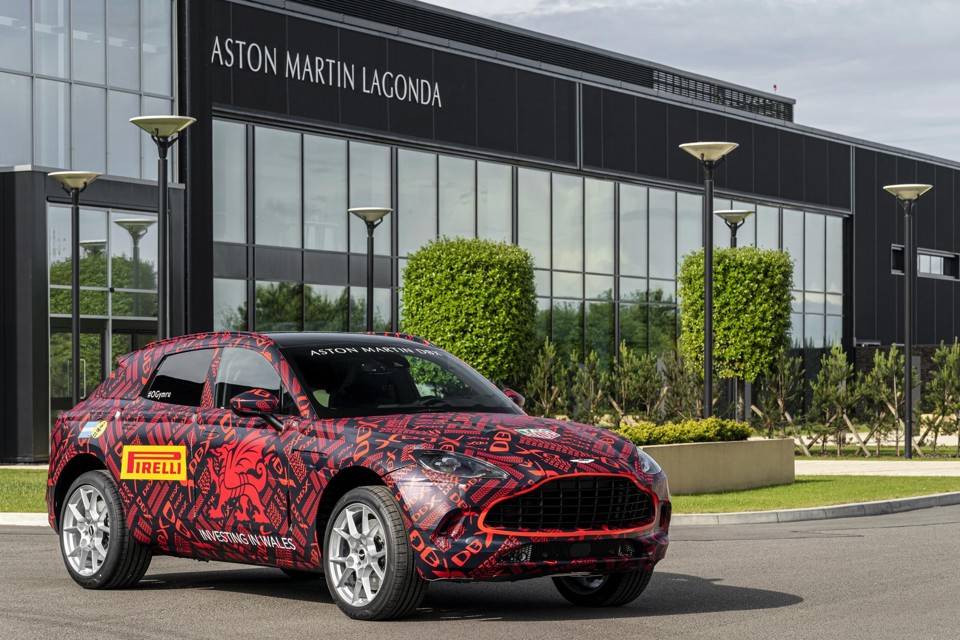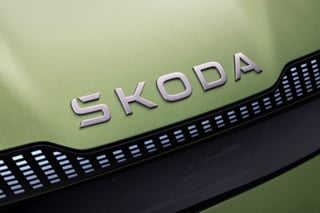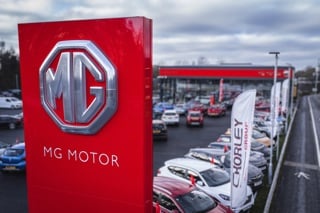Pressure has been building on Aston Martin to ensure its next niche models deliver the goods.
After the British supercar manufacturer downgraded its 2019 sales forecast from 7,250 cars to 6,400, citing economic uncertainty in the UK and Europe, and posted a £79m half-year loss, it has lost more than two thirds of its stock market value since flotation last October.
“It’s perhaps been some of the most difficult weeks of my career,” Aston’s chief executive Dr Andy Palmer told The Detroit Bureau.
He said there are people who don’t want to believe Aston can succeed, who bet against it, and who use the media to “drive us down”.
“The only way you can work against that is demonstrate they’re wrong,” he added. While stories reported the forecast downgrade, Palmer responded that year-on-year Aston Martin sales are 26% up.
“You hear we’ve had a sales slump and are struggling, but how often have you heard about a car company having 26% growth. We’re confident about what we’re doing.
“But we rely on selling cars today to fund the development of cars for the future, and that’s what they question whether we can do that. I think we can.”
Three cars in to Aston’s plan for seven new models in seven years, Palmer believes the fourth car, the DBX crossover SUV, will begin to change attitudes.
He told The Detroit Bureau that the DBX “will probably become the most important car in our history” in targeting USA and China in particular.
That will be followed by limited edition, mid-engined supercars to rival the likes of the Ferrari 488 and McLaren 720S.
“Our historical presence in the sports car sector has centred on GT models, so mid-engined cars will open Aston Martin up to a new customer segment while staying true to our DNA,” Aston Martin’s vice president and chief planning officer Nikki Rimmington told Aston Martin’s magazine.
“These cars are about high performance – they will offer a very immersive driving experience.”






















Login to comment
Comments
No comments have been made yet.